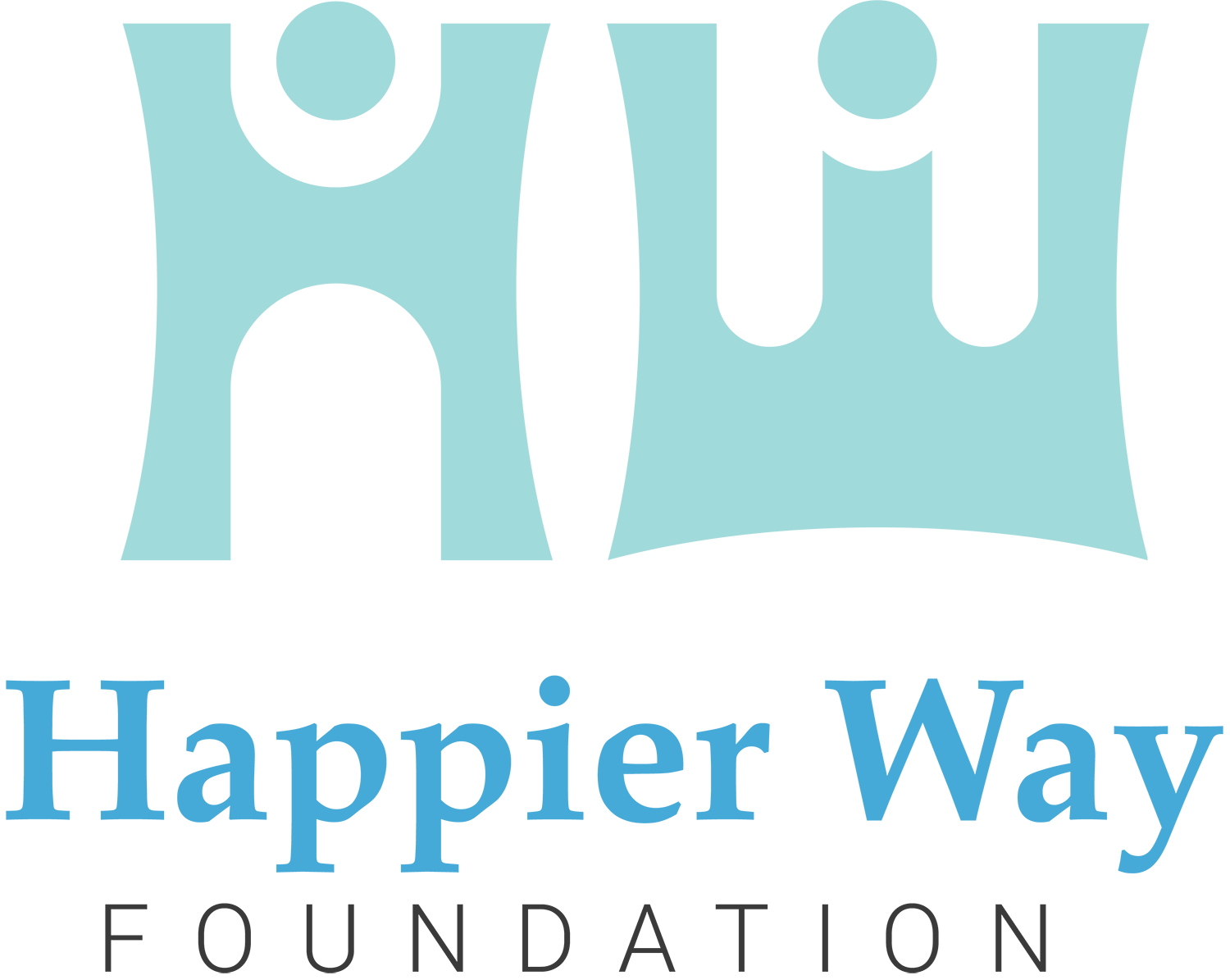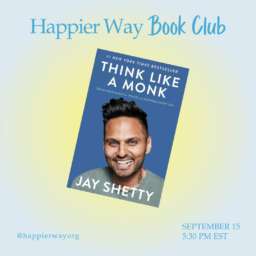Happier Way Original –
In the times that we live in, there has been a glorification of multitasking, and putting our precious time to the best possible use has become a desirable way of life! Multitasking is indeed a lifestyle that has become a proclaimed mantra of success for many, focusing on getting multiple tasks done at the same time has started to look like a skill necessary for a fulfilling and ‘productive’ life!
More recently, however, the word ‘burnout’ has also become more popular than ever in our vocabularies. Got a zoom meeting at 11 AM but also have to help your child with online school? A presentation is scheduled for 1 PM but an assignment is due at 2? These situations are all too familiar. In the digital age of work from home, overworked individuals are not only pressured by the demands of work but also by the needs of friends, family, co-workers, etc.
In an attempt to meet both sets of requirements simultaneously through multitasking, they may often find themselves in a state of being burnt out.
This begs us to ask the question:
Is multitasking really possible?
Well, research shows that no, it is not! It is simply not possible for our brain to undertake two cognitive tasks simultaneously. It is also detrimental to productivity as according to mental well-being professionals, it can cost up to 40 percent of your productivity as well! Not only does it slow you down, but it also leads to over-exertion, poor results for the tasks you are conducting, and can even lead to burnout if multitasking becomes your lifestyle.
Multitasking is deeply connected to brain burnouts with studies demonstrating that the more you do simultaneously directly affects your emotional wellbeing and can cause emotional strain and exhaustion as well.
What can you do?
Stop multitasking, literally. The solution lies in better time management and reliance on being present for every single task you undertake to maximize productivity and quality. This can be quite helpful in making you a more efficient employee and can also enhance your relationships because all the time you spend with others now will automatically turn into quality time without the added mental strain of you thinking about something else. Furthermore, avoid rapidly switching tasks and take breaks between performing each block of tasks, giving your brain the time to adjust to the pace and nature of new tasks without shocking it into quick changes. Multitasking is just not for us, evolutionarily!
And contrary to what most people say, it’s avoiding multitasking that will make you more successful in your personal and professional life than the other way around!














